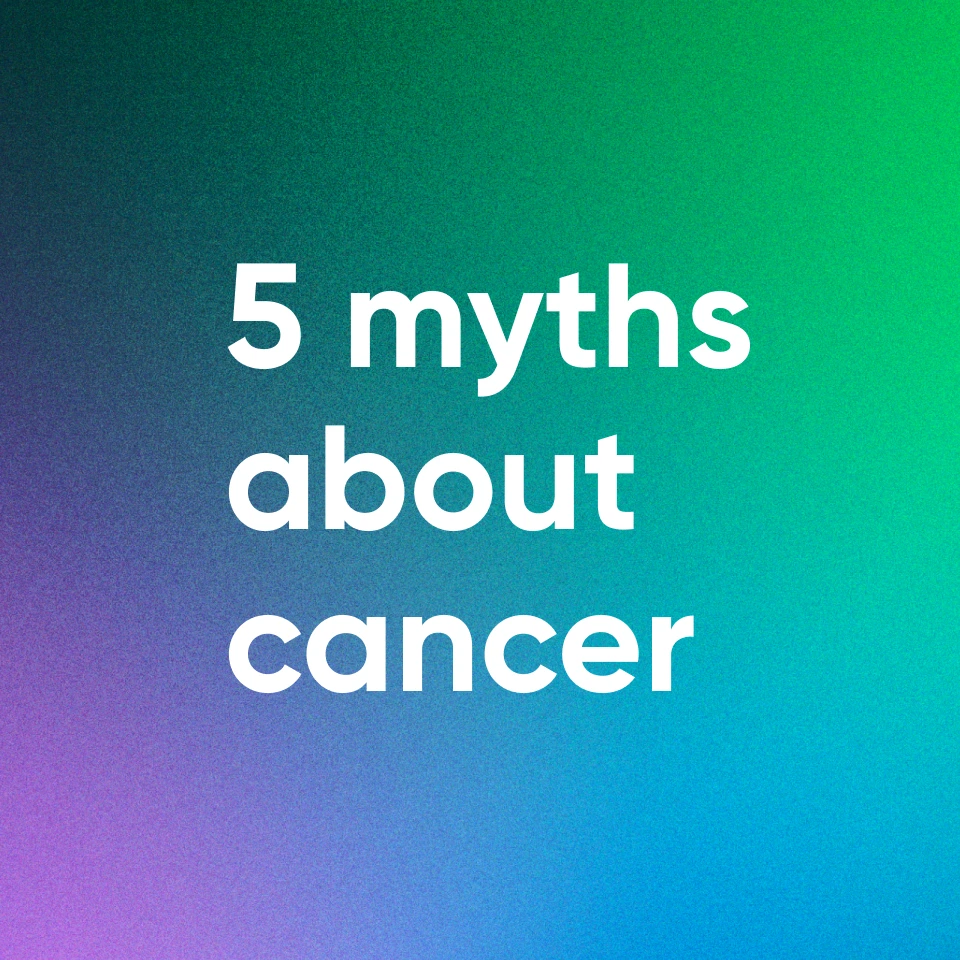Every year, National Cancer Survivor Month is celebrated in June. This month recognizes and celebrates the millions of people who have bravely and successfully battled cancer. As cancer affects so many people worldwide, including those who you may know, it’s important to celebrate the milestone that these survivors have achieved. National Cancer Survivor Month also provides an opportunity for those who have not been affected by cancer to understand the challenges that accompany survivorship. Whether you have had cancer or not, there are many opportunities to embrace National Cancer Survivor Month.
Cancer Survivorship
When someone is diagnosed with cancer, they are often referred to as a cancer survivor. Cancer survivorship describes the experience of the individual diagnosed with cancer, from the time of diagnosis to the end of life. This includes the physical, mental, emotional, social and financial effects of cancer, as well as issues related to follow-up care, late effects of treatment, cancer recurrence, and overall quality of life.
Navigating new challenges
Having battled cancer, enduring rounds of chemotherapy or other treatments and frequent medical check ups, cancer survivors often feel a sense of relief and joy that the treatment is over and want to recognize that milestone. For many who have not battled cancer, there may be a misconception that once cancer treatment ends, the struggles related to cancer cease. However, this is not always the case. Whilst the experiences vary from individual to individual, survivors are exposed to many new challenges as they adjust to the new norm.
Survivor’s guilt
“Why would I complain about anything when I’m alive and so many people aren’t?” This is what could go through a cancer survivor’s mind. They may not feel like they are allowed to express any feelings other than gratitude for successfully battling cancer. This is known as ‘survivor’s guilt’ which has been referenced and written about by many psychologists, doctors, and organizations like the American Society of Clinical Oncology (ASCO).
When we don’t fully understand why one person survives cancer but someone else doesn’t, it’s natural for some cancer survivors to feel a sense of guilt. This feeling is accentuated as a survivor may compare their own life to those who have passed away. This can make it hard to justify the survivor’s existence.
When survivor’s guilt is not widely discussed, it leaves many cancer survivors feeling isolated and confused as they navigate their conflicting emotions. Fortunately, there are cancer support groups and online communities to help those cope with survivor’s guilt. Knowing that you’re not the only one experiencing these feelings can be very reassuring and validating. It’s an opportunity to experience the feelings together rather than alone. Like many support groups, these meetings can provide an opportunity to discuss complicated emotions with others who have either struggled with or are still struggling with them as well.
Long-term physical and psychological side effects
Due to the physical, mental, and emotional toll, many of those who have had cancer treatment are at risk of developing long-term side effects. Undergoing chemotherapy and radiation therapy can cause adverse effects to certain bodily organs, depending on the type of cancer such as heart problems, lung damage, hormonal imbalance, infertility, as well as bone, joint and soft tissue problems. One of the most common side effects of cancer treatment is fatigue. Many cancer survivors report constant feelings of physical, emotional or mental tiredness.
Cancer survivors can also experience a range of mental health issues such as depression, anxiety, and post-traumatic stress disorder. Body image and sexuality are also commonly impacted by cancer, particularly by women who experience treatment-induced menopause.
Some survivors experience existential and spiritual concerns, which can bring new meaning to life, adjusting to living as a cancer survivor. Not all cancer survivor experiences are the same and there are plenty who have taken the positives from their survivorship. There are also many who end up gaining a renewed, positive outlook on life, many who feel more appreciative of life and the people around them, and many who experience a positive personal growth.
Fear of recurrence
One of the most common fears amongst cancer survivors is that the cancer will come back. This is known as the fear of recurrence. When treatment is over, it does not mean worries are over. Since remission of cancer can be temporary or permanent, this uncertainty can cause fear and anxiety among cancer survivors as they are left worrying if the cancer will return.
Having a fear of recurrence is very normal. However it can become problematic if it gets overwhelming, impacting the day-to-day life of the individual. To help reduce the fear of recurrence, cancer survivors are encouraged to seek support through cancer support groups, a professional therapist or their friends and family.
Why are cancer survival rates increasing?
On January 1, 2019, there were almost 17 million Americans with a history of cancer. This number is projected to reach more than 22 million by 2030, based on the growth and aging of the population. The number of cancer survivors continues to increase in the United States, primarily due to advances in treatment and early detection.

Source: American Cancer Society - Cancer Treatment & Survivorship Facts & Figures 2019-2021
For most cancers, survival at one and five years is much higher if the cancer is detected early at Stage 1, compared to if it is detected later. Diagnosis at an earlier stage of a cancer’s development is associated with improved outcomes and increased survival changes. The introduction of regular cancer screening allows cancer to be detected before it spreads, when it is easiest to treat. When cancer is detected early, the chances of survival increase.
Prenuvo for Cancer Survivors
Navigating life as a cancer survivor is like an indescribable roller coaster of experiences. There’s no playbook, no boundaries, and no predictability. The reality is, survivorship can be just as hard and takes just as much of a toll on you as the actual cancer treatment. The toll is just not always as visible. Having a plan in place to manage these unforeseen challenges can be extremely helpful in managing the stress and anxiety that one may experience.
A Prenuvo scan can help to alleviate one of the most common fears among cancer survivors which is: has the cancer returned? What we know about cancer recurrence is that it can reappear anywhere in the body - it is not localized to the region where the cancer initially occurred. For example, when a patient has had breast cancer, the follow-up imaging is often targeted to the chest region. However, breast cancer can spread from the breast to the liver, lungs, bone and even to the brain.
This is where a Prenuvo scan can benefit cancer survivors. Our comprehensive Whole-Body Scan provides an examination of the whole body, as opposed to targeted imaging, without the use of radiation or contrast injection. The whole-body coverage allows us to determine whether cancer has spread to other parts of the body, thus providing a more thorough assessment of cancer recurrence.
As we celebrate National Cancer Survivor Month, it’s important to remember that the battle is not necessarily over. We should continually check in, offer support and share resources to assist with those coping with life as a cancer survivor. Survivorship in and of itself is a milestone to celebrate, but is not the end of the challenging path.





